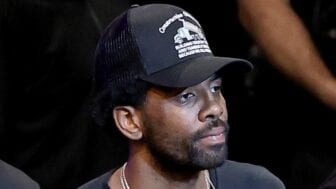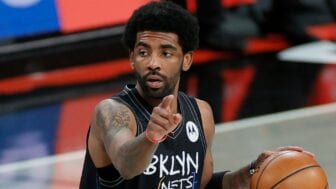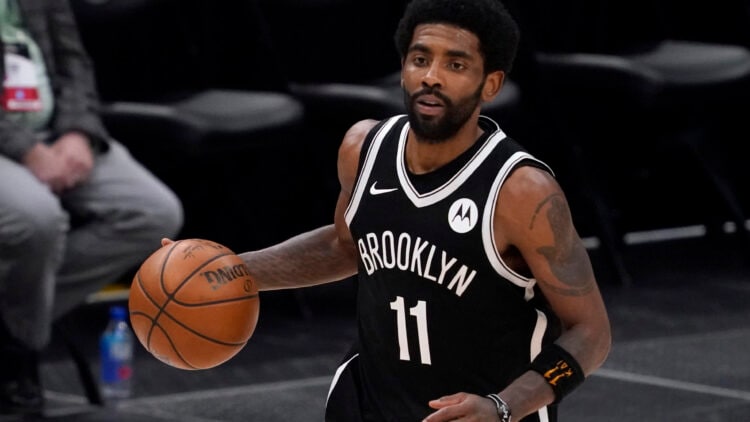
Basketball players often get pulled for shooting bad shots; Kyrie Irving is getting benched for not taking a shot that every reasonable person thinks he needs to take.
On Instagram Live on Wednesday, the NBA star confirmed he hadn’t gotten the COVID-19 vaccine. “I chose to be unvaccinated and that was my choice,” Irving declared.
Irving is currently barred from playing hoops for refusing to get vaccinated and stands to lose more than half of his estimated $ 33 million annual salary. New York City ordinances require most people to be at least partially vaccinated to go into places like, say, Barclays Center, where the Brooklyn Nets play their home games. This week, Nets General Manager Sean Marks announced that Irving “will not play or practice with the team until he is eligible to be a full participant.” In other words, get vaxxed or get out.
Irving tried to explain his position in his Instagram Live appearance, but his explanations raised more questions. Like, what on flat earth was the man talking about? “Don’t believe that, you know, I’m gonna give up this game for a vaccine mandate or staying unvaccinated,” Irving said. “What would you do, you know, if you felt uncomfortable going into the season when you were promised that you have exemptions or that you didn’t have to be forced to get the vaccine?”
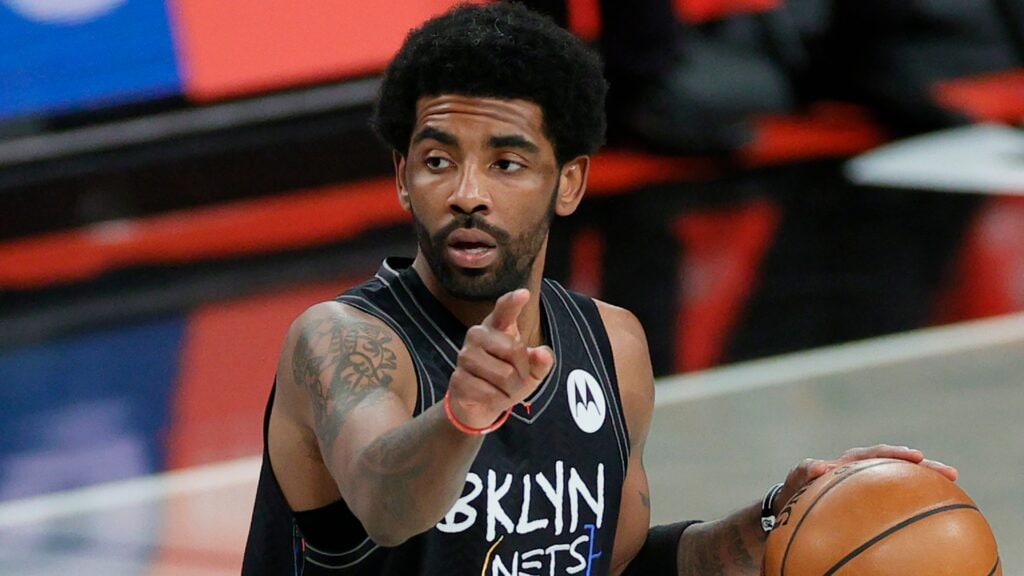
I’d probably just get vaccinated and pick up my $ 33 million check. But that’s just me.
A few weeks ago, I went to the doctor for a check-up. I was drawn into a conversation with a Latina nurse about why some people of color are hesitant about getting vaccinated and she told me a story. Her ex-husband had been unvaccinated and had died of COVID-19. Despite the tragedy, her adult son was still refusing to be vaccinated. Her point was that it was nearly impossible to argue with hard-headed anti-vaxxers. They were inoculated against the facts.
Winning over anti-vaxxers and people who oppose vaccine mandates is in part about confronting them with the facts. But it’s also about sharing a narrative with them that allows them to share our trust in vaccines and in the people who helped create them. Many vaccine-hesitant people have collected a lot of information online, but the facts and figures are filtered to reinforce the narrative they’ve already constructed in their heads. Debating particulars with them can be an exercise in futility. COVID-19 vaccines are saving lives. We know this, the facts say this. The real reason the vaccine hesitant don’t trust vaccines is because they don’t trust the stories surrounding them.
People of color can be hesitant about medical care because medicine has a history of being weaponized against us. There’s the story of the infamous Tuskegee Experiments (1932-1972), in which hundreds of Black patients were left to suffer and die from syphilis while researchers studied them without helping them or informing them that they were human lab rats. Then there’s Henrietta Lacks, an African-American woman who died in 1951 and whose unique cells were taken by researchers, without her consent or profit participation, and used to help create medical breakthroughs, such as the polio and HPV vaccines, generating untold millions of dollars for others.
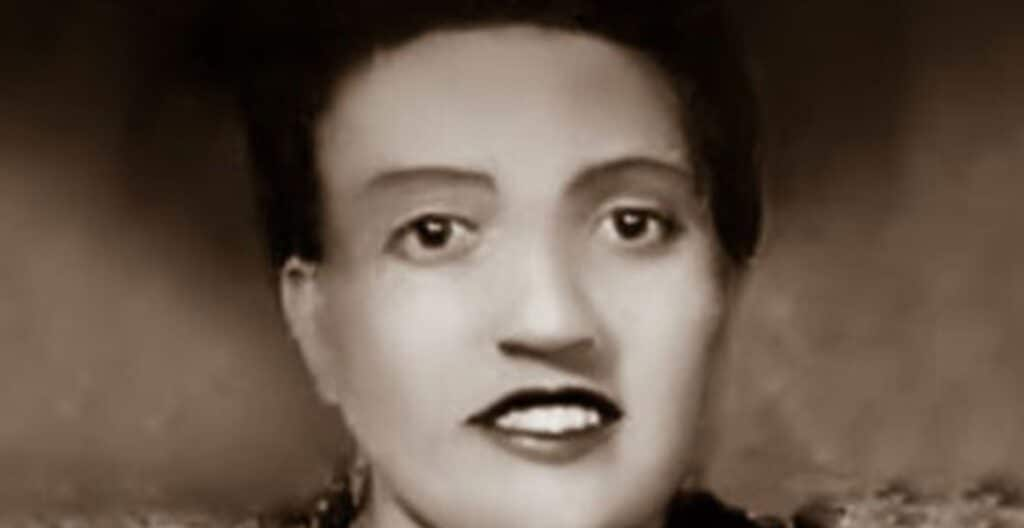
The book Medical Apartheid, by Harriet A. Washington, a former research fellow in medical ethics at Harvard Medical School, details some of the horrible experiments that were performed on Black people during slave times, including experimental cesarean sections. “Owners boarded the captive bodies of sick slaves to hospitals or hired well ones to physicians for use in experiments,” Washington writes. “Sometimes they sold a slave outright for such use, particularly if she had become too old or infirm to work or to breed.” Thomas Jefferson once injected 200 slaves with cowpox as part of an experiment to see if it was safe for white people to use it to inoculate themselves against smallpox.
We should never forget such stories. But we also need to tell stories that build trust — like the fact that a Black man helped pioneer the idea of inoculation in the Americas. Onesimus was an enslaved person who lived in Boston in the 18th century. He told his master, Cotton Mather, that when he was a child in Africa, puss from a smallpox victim had been put into a cut on his arm, making him immune to the disease. Mather told physicians in Boston to use the technique, likely saving many lives, when a smallpox epidemic broke out in 1721. In 1777, as the Revolutionary War broke out, General George Washington had his entire army inoculated.
We need to tell the story of Kizzmekia “Kizzy” Corbett, a Black scientist who is now an Assistant Professor of Immunology and Infectious Diseases at Harvard T.H. Chan School of Public Health. Corbett was formerly a research fellow at the National Institute of Allergy and Infectious Diseases’ (NIAID) Vaccine Research Center, where she was instrumental in trailblazing research that led to the development of the Moderna COVID-19 vaccine.
We need to tell the story of A. Oveta Fuller, a Black virologist who served on the Food and Drug Administration’s vaccine advisory committee and who’s also an ordained minister in the African Methodist Episcopal Church. She launched the Trusted Messenger Intervention program to help educate religious leaders about HIV and AIDS so the influence of the Black church could be enlisted to help break down misinformation associated with virus prevention.
Although the few unvaccinated NBA players are getting most of the attention from the media, it’s important to share the other side of the story. According to recent reports, some 96% of NBA players have been vaccinated. The vaccinated players include superstars like Kevin Durant, LeBron James and 100% of the New York Knicks roster. Also, 99% of WNBA players are vaccinated. COVID-phobic players like Irving are outliers, not the mainstream.
According to a recent study from the Kaiser Family Foundation, similar percentages of adults across various racial and ethnic groups now say they’ve been vaccinated (71% of White adults, 70% of Black adults, and 73% of Hispanic adults).
We’re friends with a Black family with a teenage son who refused to get vaccinated, although his parents and younger siblings had been. Months of gentle pressure couldn’t get him to change his mind. But recently, the teen decided to get the shot. Why? His friends told him they had gotten vaccinated so he decided to do it too. In the end, it wasn’t about the facts, it was about the storytellers.
That’s a tale worth telling.
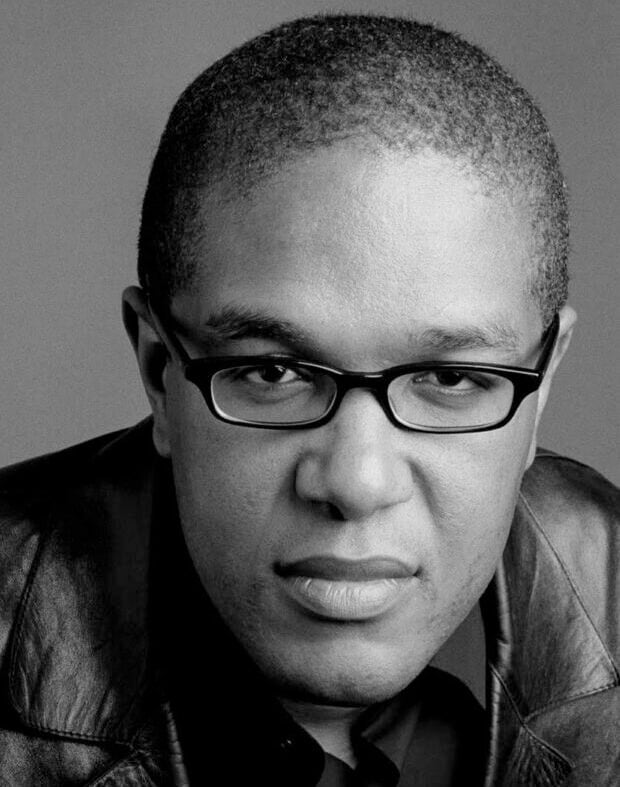
C.J. Farley is the author of “Zero O’Clock,” a young adult novel set during the early days of the Covid-19 pandemic.
Have you subscribed to TheGrio’s “Dear Culture” podcast? Download our newest episodes now!
TheGrio is now on Apple TV, Amazon Fire and Roku. Download TheGrio.com today!
Loading the player…

